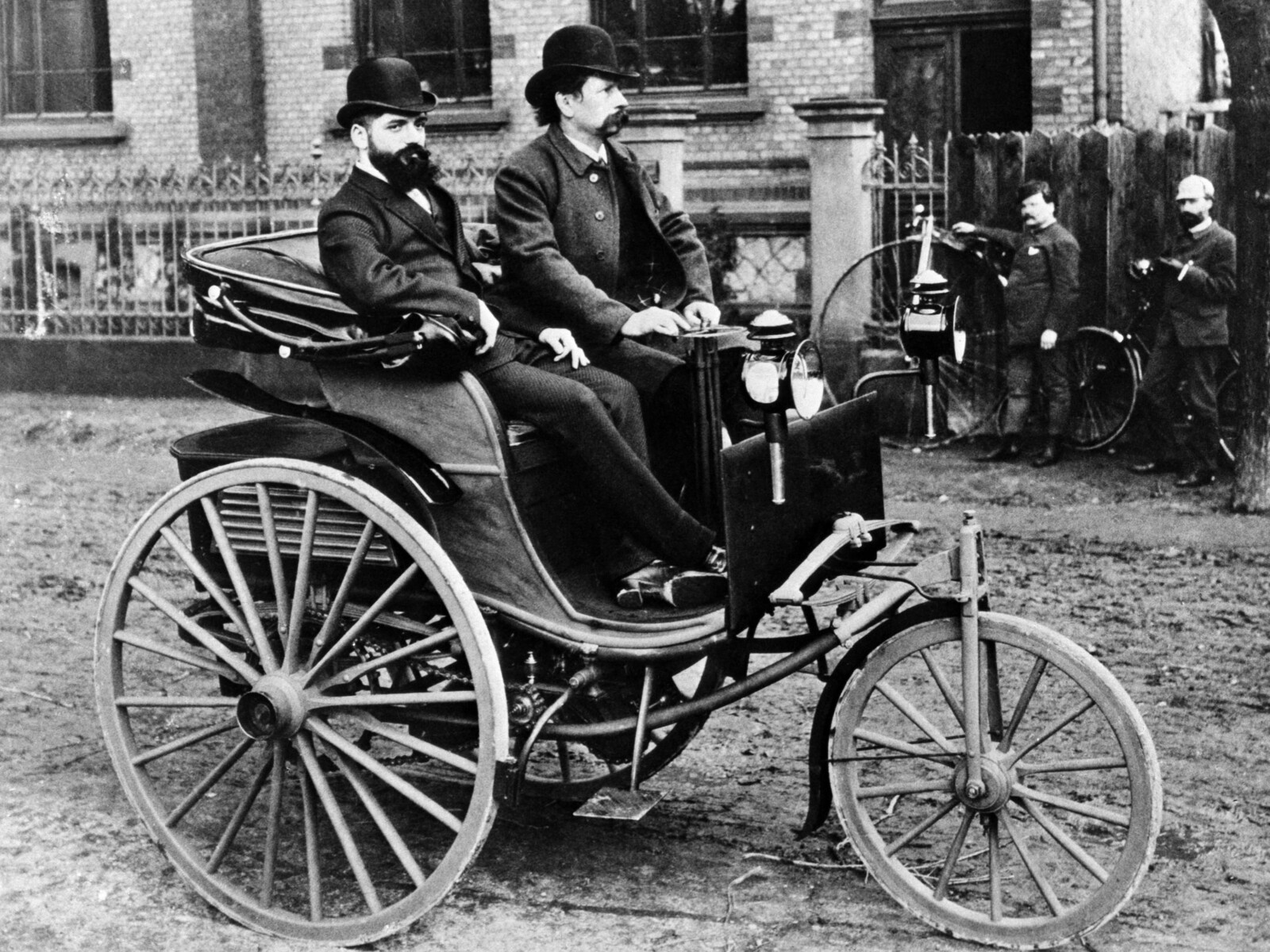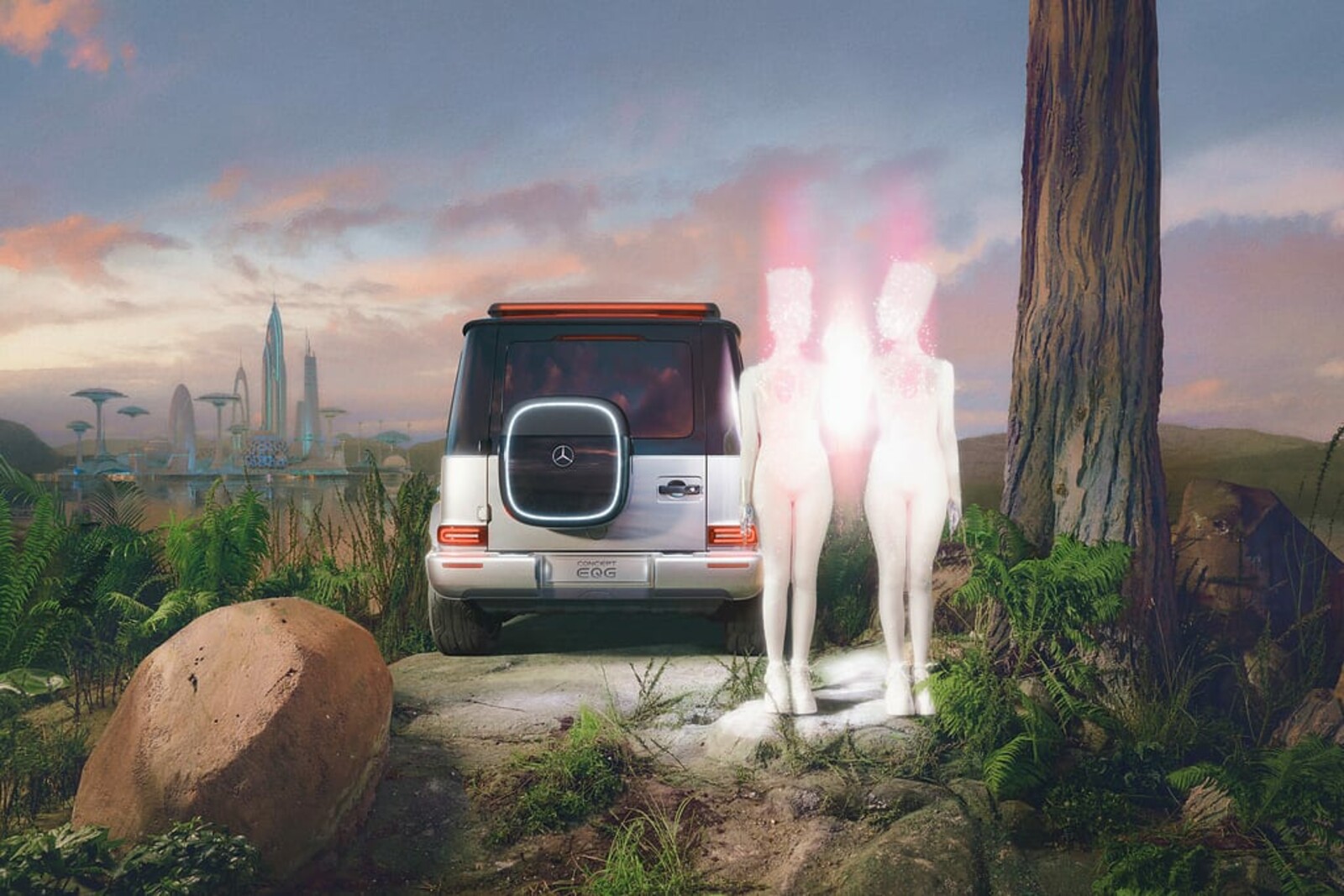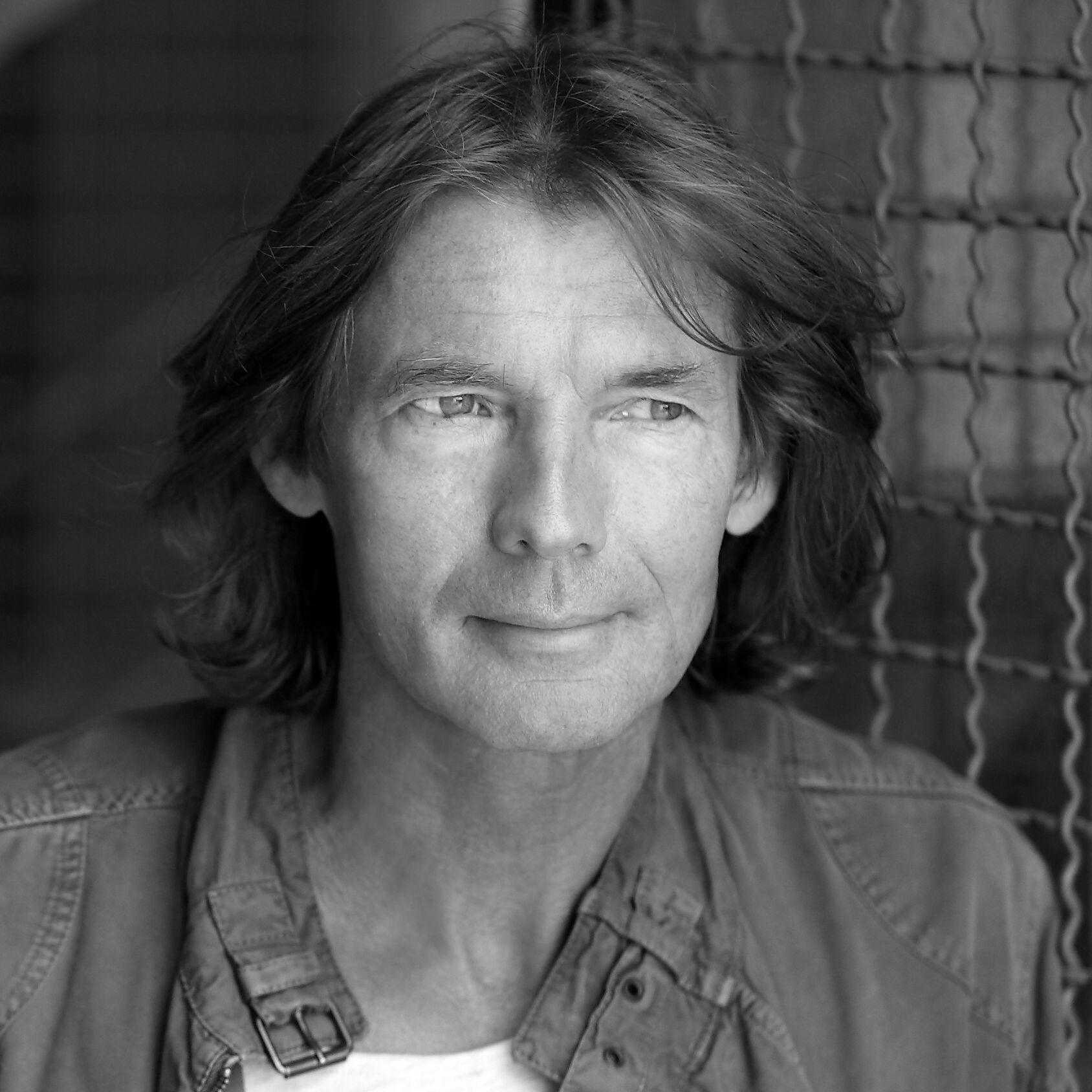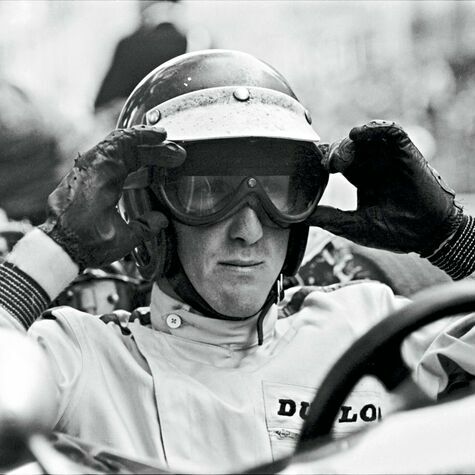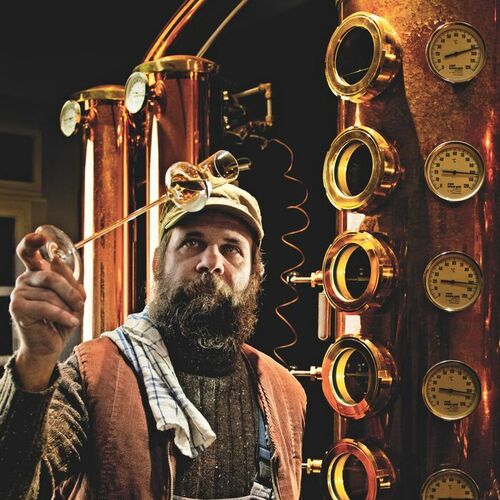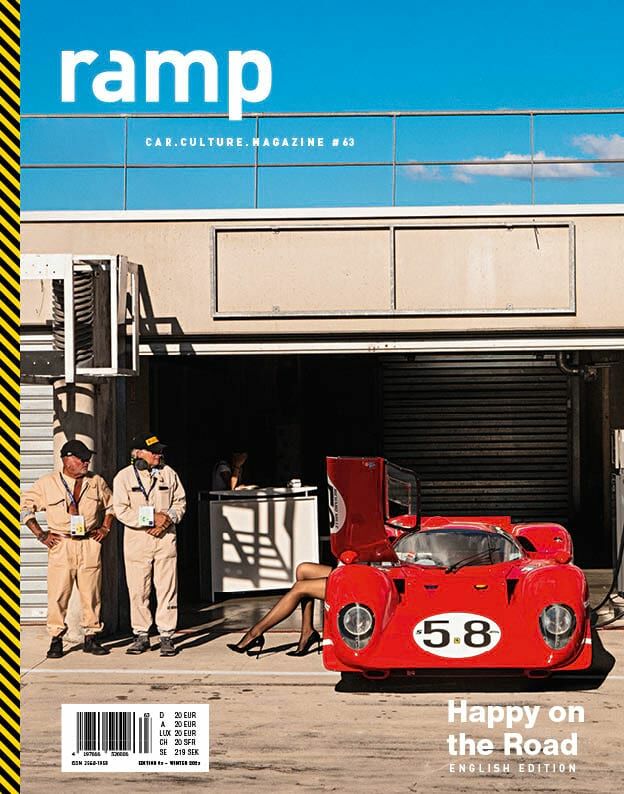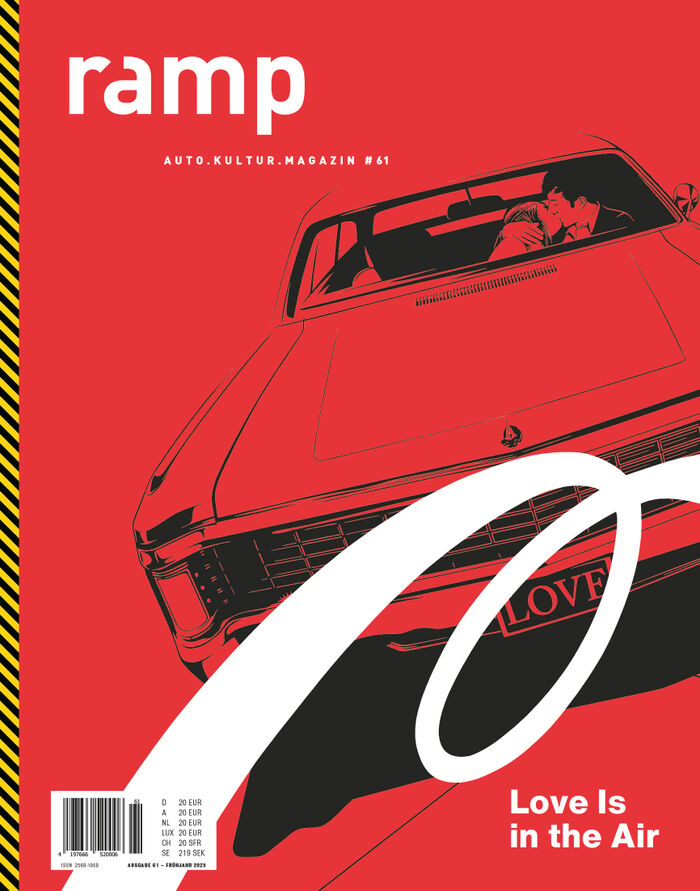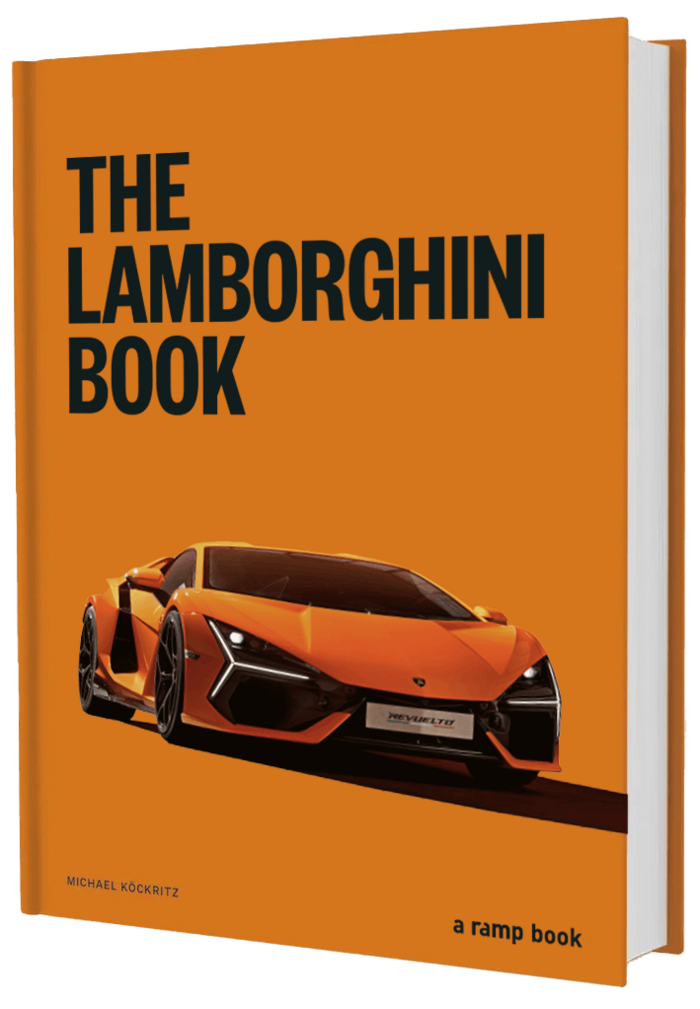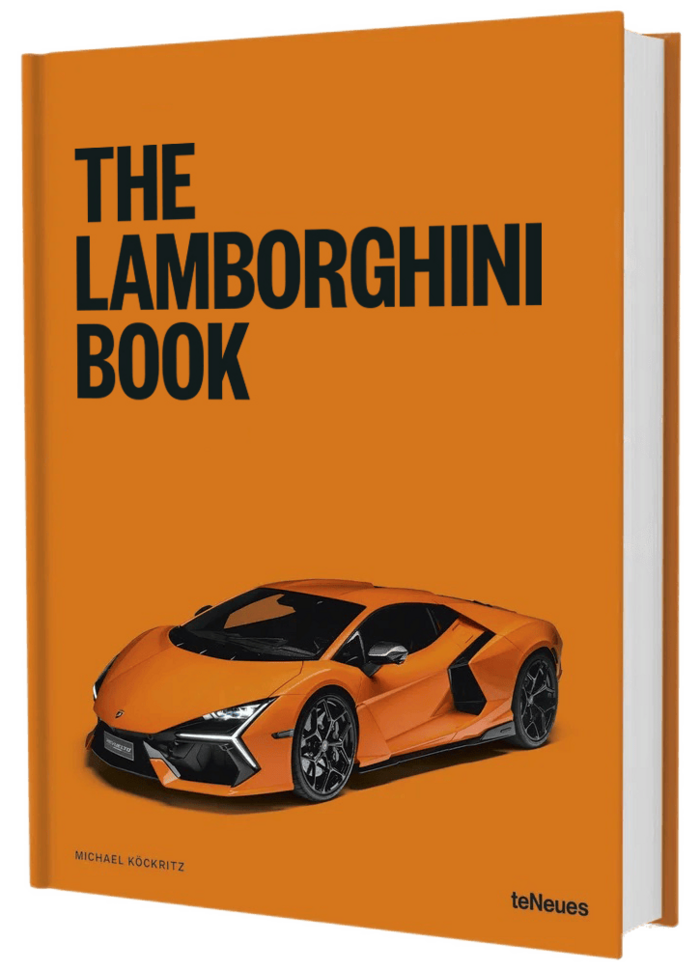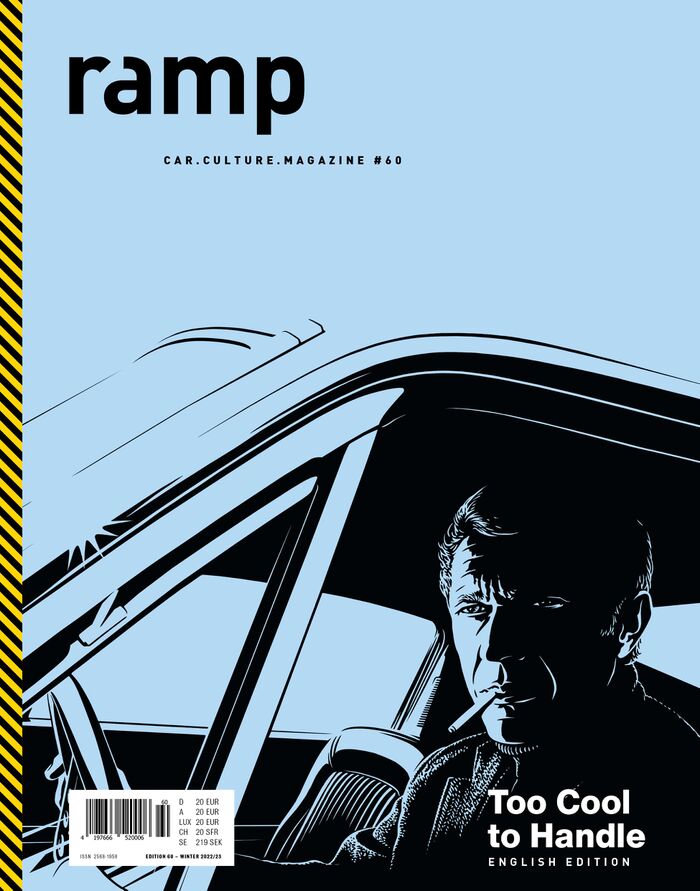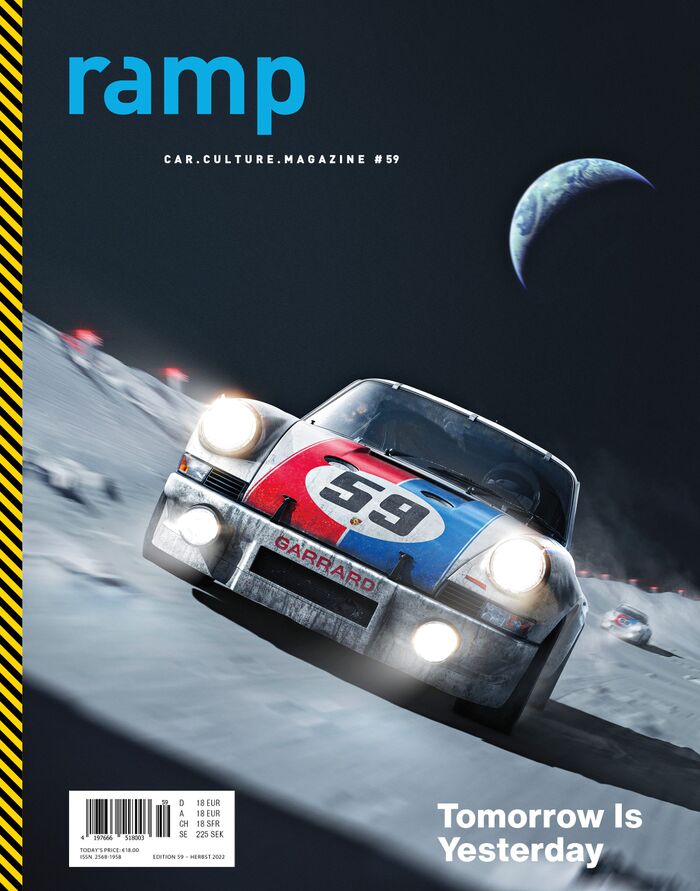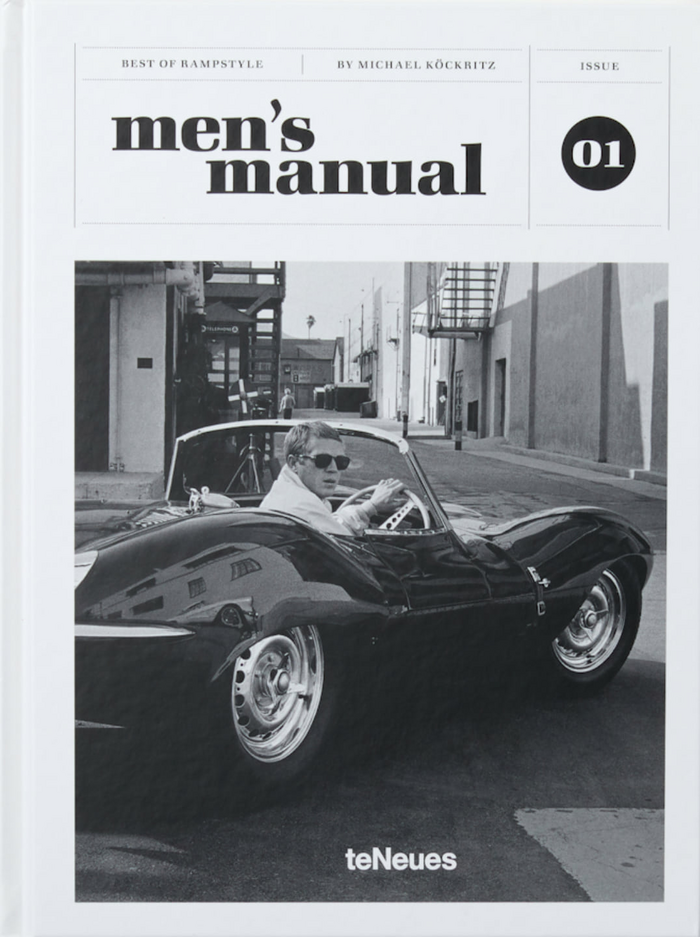The options and excitation patterns of the digital age in an already overexcited and overagitated world, the pressing necessities that demand an awareness for limited resources and systematic sustainability thinking, plus a succession of disruptive start-up eruptions – everything may, will, must reinvent itself right now and without delay. For a future that no one knows, except perhaps a number of experts who don’t even know that they are experts for the future – which is a good thing, because the moment they think they are experts or want to be experts, they will very likely end up splendidly off the mark with their forecasts, which may, when expressed in such pointed terms, sound a bit confusing now but can be summed up quite simply in one statement: When it comes to the future, today’s experts are, unfortunately, not very accurate. “The average expert is roughly as accurate with his predictions as a dart-throwing chimpanzee,” is how psychologist and forecasting researcher Philip Tetlock summed it up a few years ago.
In a long-term study conducted over twenty years, Tetlock had tracked and evaluated more than 80,000 forecasts from 284 analysts from television, government agencies and institutions. Tetlock also provides an explanation for this sobering conclusion: Experts, who tend to have a fairly strong ego, usually rely on knowledge in areas of their own expertise and on the explanatory patterns they have learned over the years. Now couple that with a receptive audience that loves to hear confidently presented, simple truths. Everyone loves certainty, after all. These experts rarely have to be measured against reality. Incidentally, experts whose reputation is at stake are particularly prone to overestimating themselves.
